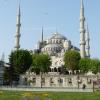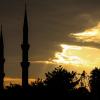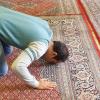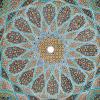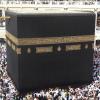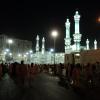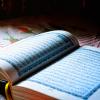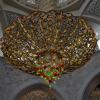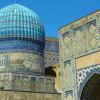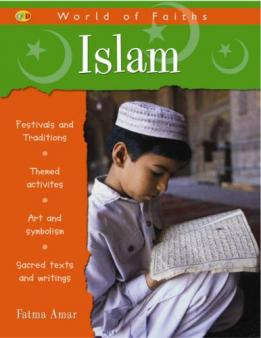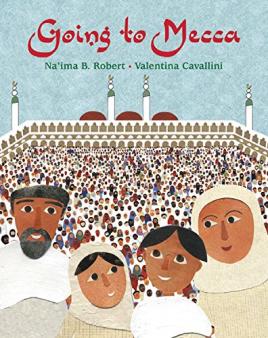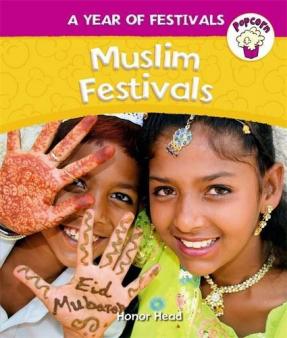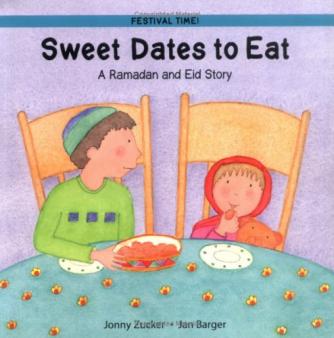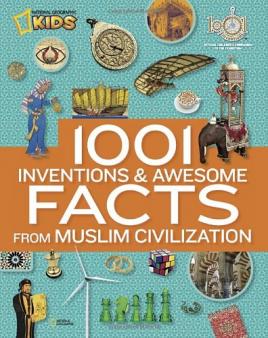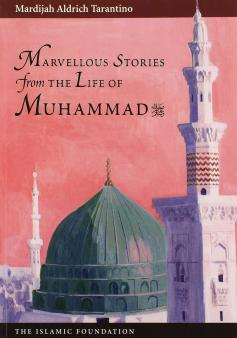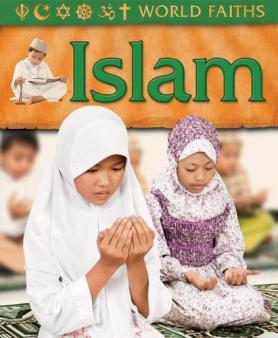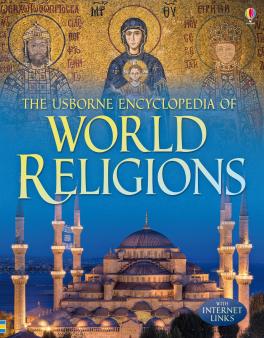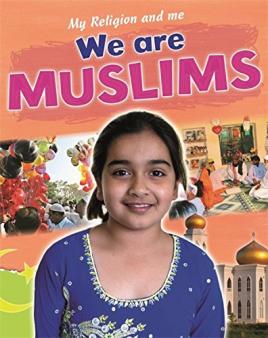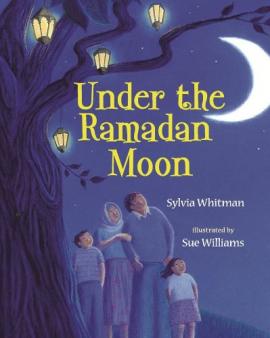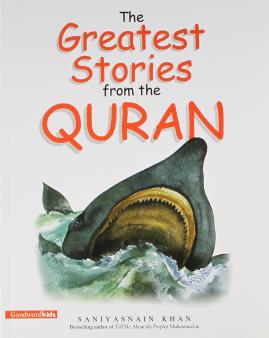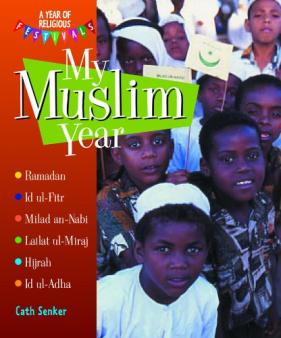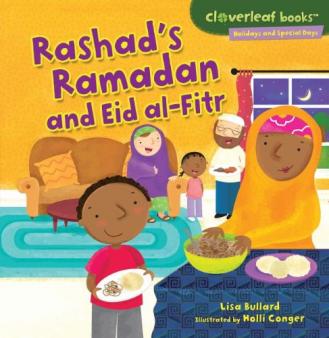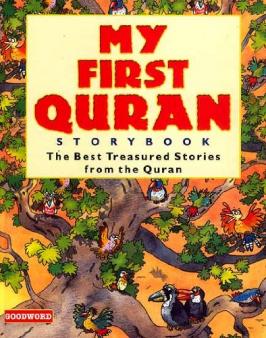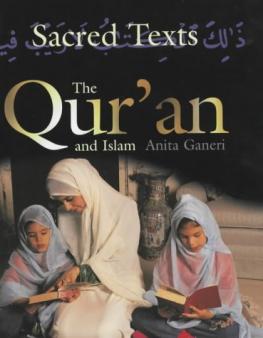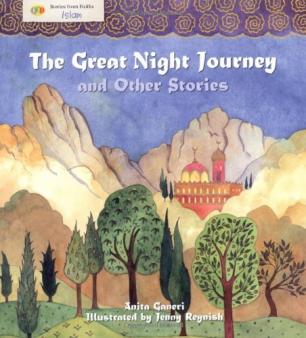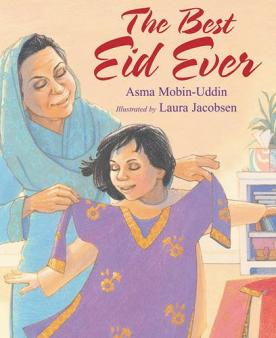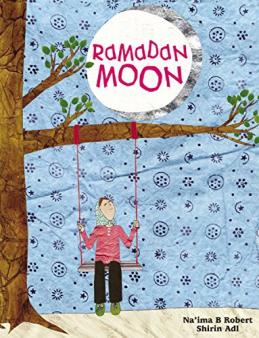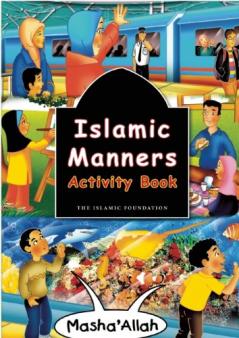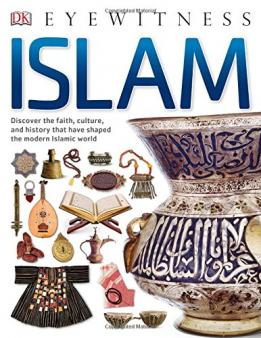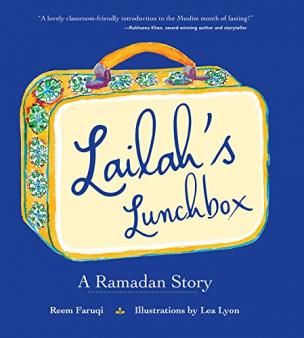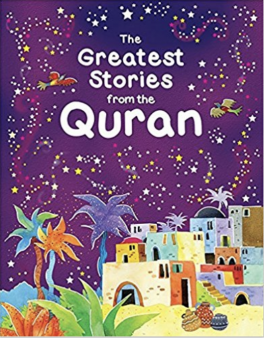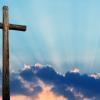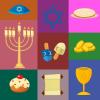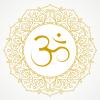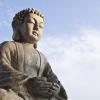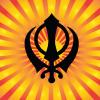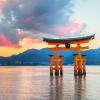Islam
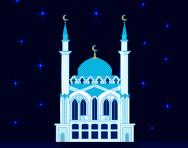
Islam is the world’s second-largest religion.
People who follow the religion of Islam are called Muslims and there are around 1.6 billion Muslims in the world.
Like Christians and Jews, Muslims are monotheistic, which means they only believe in one God who they call Allah, the Arabic name for God.
Islam was founded in the Middle East over 1400 years ago by a man named Muhammad who gave Allah’s message to the people on Earth and introduced the faith of Islam.
Top 10 facts
- People who practise the religion of Islam are called Muslims.
- There are about 1.6 billions Muslims in the world, living in many countries (mainly in the Middle East, north Africa and parts of Asia).
- Muslims believe that there is only one God, called Allah.
- Muslims believe that Allah sent many prophets to Earth to give his message. A prophet is someone who speaks for God on Earth. For Muslims, a man called Muhammad was the final prophet of Allah. He was responsible for starting the faith of Islam and is referred to as the Messenger of God or the Prophet.
- Muhammad was born in Makkah (also known as Mecca), which is now in modern-day Saudi Arabia, in A.D. 570. Muhammad is so highly regarded by Muslims that they say "Peace be upon him" (pbuh) whenever they say or write his name.
- The Qur’an, or Koran as it is sometimes known, is the holy book of Muslims.
- The Qur’an is written in Arabic and Muslims always try to read and recite it in this language.
- The mosque is the building where Muslims go to worship.
- Friday is the Muslim holy day, the time of the week when Muslims go to the mosque and pray.
- Ramadan is the ninth month of the Islamic calendar; during Ramadan Muslims fast (consume no food or drink) from just before dawn until sunset.
Islam Timeline
- 570Muhammad was born in Makkah, in modern-day Saudi Arabia.
- 610Muslims believe that, in a cave on Mount Nur, near Makkah, Allah spoke to Muhammad for the first time through the angel Jibril and revealed the first verse of the Qur'an to him.
- 622Muhammad and his followers fled to Madinah (now known as City of the Prophet).
- 632The death of Muhammad.
- 900 to 1200Muslim culture, faith and learning spread through the Middle East, north Africa, Spain and Portugal.
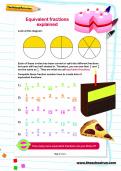
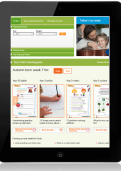
Boost Your Child's Maths & English Skills
- Get a tailored learning plan for your child
- Complete the activities added each week
- Watch your child's confidence grow!
Did you know?
Islam is an Arabic word meaning submission and obedience. It comes from a word meaning peace.
Like Christians and Jews, Muslims are monotheistic which means they only believe in one God, who they call Allah.
Although their faiths are different, Christians, Jews and Muslims do share many of the stories and traditions that are told in the Old Testament of the Bible. Muslims believe Jesus was a prophet.
Jerusalem is a holy city to Muslims as it is to Christians and Jews too.
Family life is very important in Islam and it is from their families that children learn about the Qur’an and how to pray. The mosque is also used as a place for children to have classes to learn the Qur’an.
Muslims believe that Allah’s message was passed to the prophet Muhammad after he was visited by the angel Jibril (Gabriel). Muhammad memorised what he was told and wrote down the exact words; this is the content of the Qur’an.
The name Qur’an means ‘that which has been read or recited’. The Qur’an provides Muslims with guidance on all aspects of their life and the Islamic religion is very much based on what it teaches people. Muslims believe that the Qur’an was Allah’s final communication with someone on Earth.
The Qur’an states five main duties for followers of Islam which are known as the Five Pillars.
One of the Five Pillars is Salah, the five daily prayers Muslims must perform. Muslims always wash their face, hands and feet before they pray and always face the direction of the holy city of Makkah.
Islam gallery:
- A mosque
- Minarets, the towers on mosques
- A Muslim man praying
- Islamic patterns
- Pilgrims praying at the Ka'ba in Makkah
- The Muslim holy city of Makkah
- The Qur'an, the Muslim holy text
- Inside a mosque
- The Bibi-Khanym Mosque
Gallery
About
Islam is thought to be one of the fastest-growing religions. It is currently the second most popular religion in the world after Christianity.
The religion itself began over 1400 years ago, when Muslims believe that Allah sent his final message to the Prophet Muhammad. In the Muslim faith there were many prophets before Muhammad (including Adam, Abraham, Moses and Jesus) but Muhammad is the Final Prophet, so highly regarded by Muslims that they say "Peace be upon him" whenever they speak or write his name.
The Five Pillars of Islam are the five duties that the Qur’an states any Muslim must follow. They are:
- The Shahadah - The declaration of faith, which Muslims repeat several times a day: “There is no God but Allah, and Muhammad is His messenger.”
- Salah - The five daily prayers, said in Arabic at dawn, just after midday, mid-afternoon, just after sunset and after dark.
- Zakah - The duty to give money to help the poor (at least 2.5% of their savings and valuables every year).
- Sawm - Muslims must fast during the month called Ramadan and not eat or drink during daylight hours.
- Hajj - A religious pilgrimage to Makkah which Muslims are expected to make at least once in their lifetime if they are able to.
A mosque is a place of prayer and worship for Muslims. Friday is a holy day for Muslims; on Friday at noon, the most important religious service of the week is held. A religious teacher called an imam (a 'man of knowledge') leads local prayer and takes care of the mosque.
The very first mosque was the courtyard in the home of Muhammad, who founded the religion of Islam. If you look inside a mosque, you will see a big open space for people to pray and worship Allah. You won’t find pews and seats like in churches; rugs or mats usually cover the floor instead. Mosques are often large buildings with beautiful towers and domes. Outside most mosques is a tall tower, called a minaret. In some mosques this is where a crier or muezzin calls Muslims to prayer from. Every mosque must also have running water as Muslims must wash their face, hands and feet before they pray (ablution). They also take off their shoes when they enter the mosque.
The Ka'ba (or Ka’bah) is an ancient shrine which rests on foundations built by Abraham and Ishmael. Muslims believe it to be holiest place on Earth and all Muslims must face the direction of the Ka’ba while they pray. The Ka’ba is covered in a black cloth, and embroidered in gold and silver with verses from the Qur’an. Every Muslim family, no matter where they live, knows what direction the Ka’ba is from their house.
Women and men don't worship together in mosques. Music and singing are not part of worship in Islam, and there are no pictures of people or animals in a mosque. The Qu'ran forbids the worship of images, and Muslim people also believe that art could never reflect the magnificence of Allah's creation well enough. Islamic art is dedicated to the design of intricate, colourful patterns and to calligraphy, beautiful writing.
Ramadan is part of the Islamic calendar and is the ninth month of the Muslim year. It is a time when Muslims celebrate Allah’s message to Muhammad, the words of the Qur’an, by dedicating themselves to prayer and family. During Ramadan Muslims are expected to fast – not eat or drink – during daylight hours. Each day, Muslims traditionally break their fast with a meal at sunset called the iftar.
Eid means festival in Arabic and the two main festivals in Islam are Eid al-Fitr (Festival of the Breaking of the Fast) and Eid ul-Adha (the Festival of Sacrifice). The end of Ramadan is marked by the festival of Eid al-Fitr. It is a time when friends and family get together and worship at the mosque, good food is eaten, children are given presents and money is given to charity.
Hajj is the Muslim religious pilgrimage to Makkah. It takes place during the last month of the Islamic calendar and every adult Muslim who is physically able must perform Hajj at least once in their life. Muslims from all over the world go to Makkah for Hajj so it is the world's largest annual gathering. Pilgrims wear simple white cloths during the Hajj to show they are not thinking about their clothes or any material things.
Muslim people follow many laws and customs outlined in the Qu'ran. Life stages (birth, marriage and death) are marked by special ceremonies and traditions.
The Qu'ran says that men and women should dress and behave modestly, so Muslim men must wear clothes that cover them from the navel to the knee. Some Muslim women wear a head covering called a hijab.
Food must be halal (allowed); all types of food are halal, except pork or pig meat, which is forbidden (haram). Meat must be slaughtered and prepared according to Islamic principles to be considered halal. Alcohol is also forbidden.
Dates and milk are traditional Muslim foods and they are offered to guests to welcome them to a Muslim home. Dates symbolise sweetness and milk symbolises purity.
Related Videos
Just for fun...
Try some Ramadan crafting projects: make mini lanterns, a good deeds calendar or a mosque mobile
Paint a watercolour mosque silhouette picture or make your own blue mosque domes
Make some delicious halal stars and crescent shaped Rice Krispie treats
Watch a video in which a Muslim explains his belief system to aliens
See an animated story in which a young boy called Omar is packing for a trip to Makkah
Print Eid colouring pages or make an Eid card or poster
Colour in some Islamic patterns
Children's books about Islam
Find out more about Islam
Children's news programme Newsround offers a kids' guide to Islam
Read about the splendours of the Islamic world during the Middle Ages
See how the Islamic celebration of Eid al-Fitr is celebrated around the world with different sweet treats
Hear traditional stories from Islam (Prophet Muhammad and the Spider and Baby Isa speaks) on the British Library's website
Read a BBC guide to the Qur'an and hear some sections of it spoken in Arabic
Understand some of the differences between Sunni and Shi'a Muslims, and listen to a news report about Sunni and Shi'a Muslims in the UK
Find out more about every stage of the Hajj, the pilgrimage to Makkah Muslims complete at least once in their life
In a video for KS1 children, Charlie and her favourite soft toy Blue visit neighbour Seyed in his garden to find out more about the Muslim faith
A BBC video about the Qur'an, the holy book of Islam
Understand why Muslims celebrate Eid and see Eid celebrations in London
Watch videos about Muslim prayer
Watch a video about the five pillars of Islam
The Discover Islamic Art website highlights monuments, sites and artefacts from 14 countries in Europe and the southern and eastern Mediterranean
Glossary of Muslim terms
Allah - the Arabic word for God.
Eid al-Fitr - the festival which marks the end of Ramadan.
Five Pillars - the five acts of worship for followers of Islam.
Hajj - the religious journey to Makkah that all Muslims try to make at least once in their lives.
Imam - a teacher and religious leader in the Muslim faith.
Ka'ba - the first place built for the worship of Allah. All Muslims face it when they pray.
Makkah - the most holy city for Muslims, the place where the Ka'ba is found. Makkah is in modern-day Saudi Arabia.
Minaret - the tall tower in a mosque.
Mosque - the Muslim place of worship.
Prophet - a person who receives a message from God and shares the message with people on Earth.
Qur’an - the holy book of Islam.
Ramadan - the ninth month in the Islamic calendar, when Muslims fast during daylight hours.
Salah - the second of the Five Pillars, the prayers Muslims must perform five times a day.
See for yourself
Take part in Visit My Mosque Day, when 250+ mosques across the UK hold open days to welcome their neighbours from all faiths into their place of worship for an educational visit
See pages of the beautifully illustrated Sultan Uljaytu's Qur'an on the British Library website
See photographs of Ramadan around the world
Explore Islamic art according to the material it uses: ceramics, glass, stone, metalwork or textiles
Britain's first purpose-built mosque was Shah Jahan Mosque in Woking, built in 1889
Also see

Give your child a headstart
- FREE articles & expert information
- FREE resources & activities
- FREE homework help
